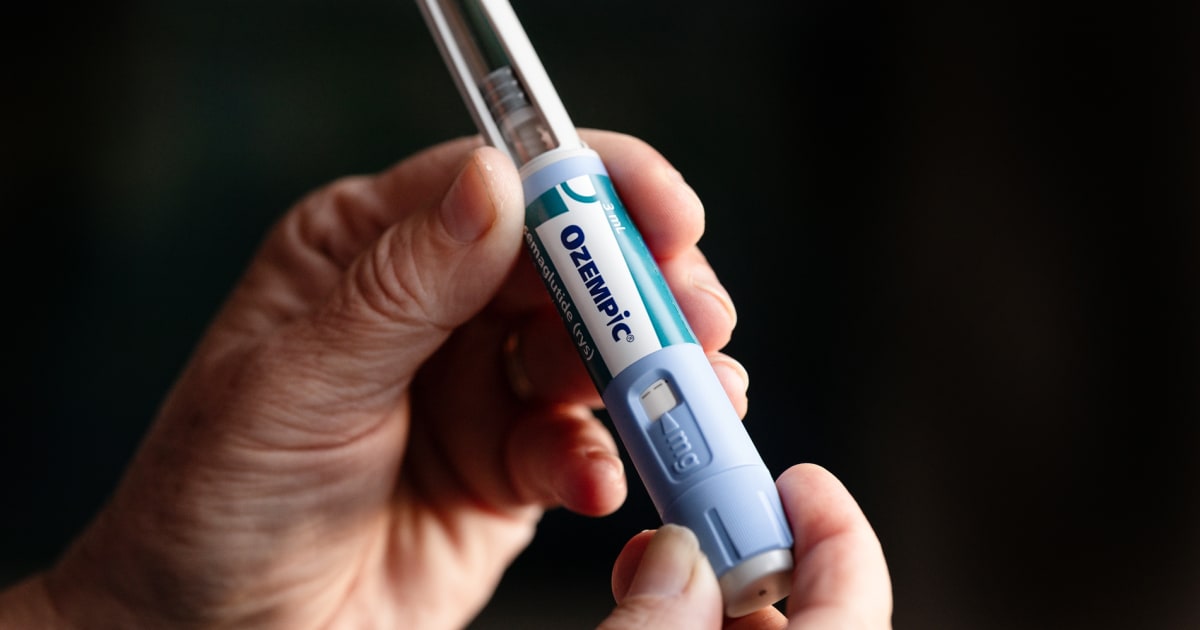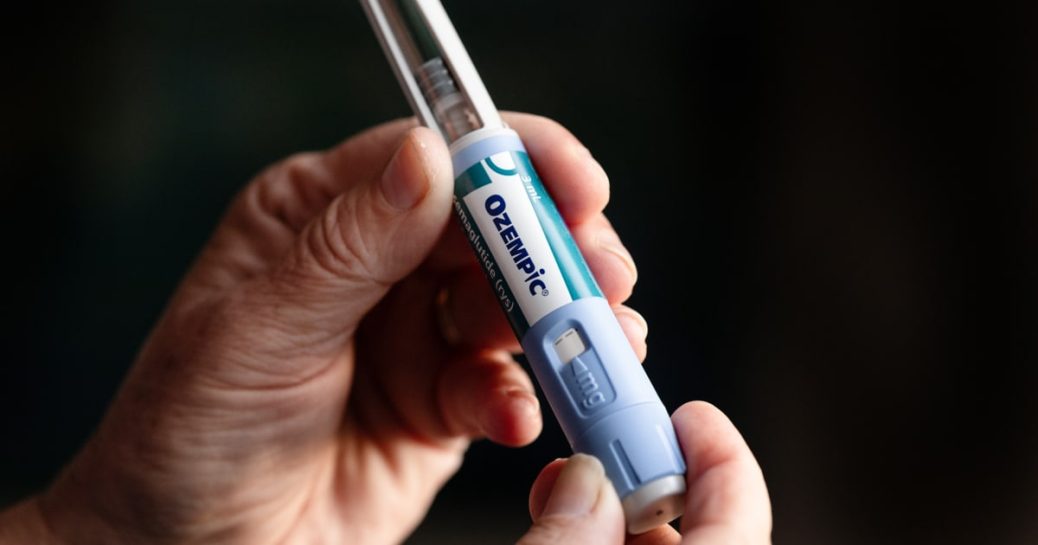
Medicare’s drug pricing negotiations — the first of their kind in the United States, passed under President Joe Biden — face an uncertain future in the incoming Trump administration.
The deliberations, as mandated by the Inflation Reduction Act of 2022, are meant to help people on Medicare afford their medications by allowing the government program to directly haggle over prices with drugmakers.
Last year, Medicare reached agreements to lower prices on 10 drugs. The program is supposed to release a list of 15 more prescription drugs selected for the next round of negotiations by Feb. 1. Semaglutide, the active ingredient in Ozempic and Wegovy, may top the list of medications. Other possible candidates include the breast cancer drug Ibrance, Trelegy, an asthma treatment, and Tradjenta, for diabetes.
Although ending the program won’t be easy since it requires authorization from Congress, recent moves by President-elect Donald Trump’s allies may not bode well for its future, said Juliette Cubanski, deputy director of the Medicare policy program at KFF, a nonprofit group that researches health policy issues.
“We do know in the last Congress legislation was introduced by some Republicans to repeal the entire Inflation Reduction Act and get rid of the drug price negotiation program,” Cubanski said. “Wiping the negotiation program off the books was also featured in Project 2025 and other Republican proposals we’ve seen in the past.
“I think there is definitely ideologic support from the Trump administration, or allies of the incoming Trump administration, for getting rid of the negotiation program,” she added.
A political risk
In August, the Biden administration announced lower prices on the 10 costliest prescription drugs covered by Medicare, including Eliquis, a blood thinner from Bristol Myers Squibb; Imbruvica, a blood cancer treatment from AbbVie and Johnson & Johnson; and NovoLog, a diabetes medication from Novo Nordisk. The new prices are set to take effect in 2026.
In 2027, negotiated prices will go into effect for 15 more drugs, followed by another 15 drugs in 2028 and 20 more in each subsequent year should the program remain in place.
The program is expected to save the government and taxpayers billions. The pharmaceutical industry has fiercely fought the program through lawsuits but has so far been unsuccessful.
Trump and prominent members of his health team, like Robert F. Kennedy Jr., his pick to lead the Department of Health and Human Services, have remained quiet about whether they plan to support the negotiations or will try to get rid of them.
A spokesperson for Trump’s transition team didn’t respond to multiple requests for comment.
Andrew Mulcahy, a health economist at the Rand Corporation who has advised the Biden administration on the negotiation program, said Trump may want to do away with it simply because it’s one of Biden’s signature legislative achievements.
He noted that Trump also tried to eliminate the Affordable Care Act, one of Democratic former President Barack Obama’s historic accomplishments, during his first term in office. Trump has continued to threaten to repeal the health care law.
Eliminating Medicare negotiations would be politically risky for Trump, Mulcahy said.
A recent survey from KFF found a quarter of adults say they struggle to afford their medications. Three in 10 say they haven’t taken their medicine as prescribed because of cost.
Republicans haven’t said how they would replace the policy, Mulcahy said.
“The Trump administration coming in and saying ‘Oh, you know what, we’re actually just going to let them stay at whatever high prices they were at’ is tough, tough optics for them,” Mulcahy said.
A win-win for Trump
In a possible twist, keeping the Medicare provision could actually be a political win for Trump, especially if Ozempic makes the list this year, Cubanski said.
Trump could “declare victory for patients over the high price of Ozempic by driving a hard bargain and negotiating a steep discount,” she said.
Trump sought to lower drug prices during his first term, said Lawrence Gostin, director of the O’Neill Institute for National and Global Health Law at Georgetown University.
“Supporting negotiations for a lower price for Ozempic would be a win-win for Trump,” Gostin said. “First, the drug is enormously popular and is needed particularly among his base. Rural residents tend to suffer more from overweight and diabetes, so making weight loss drugs more affordable would gain wide support.”
What’s more, Congress has already passed the law, meaning it could be easier for Trump to expand it, he said.
“There are compelling political reasons to support drug price negotiations,” Gostin said.










Recent Comments